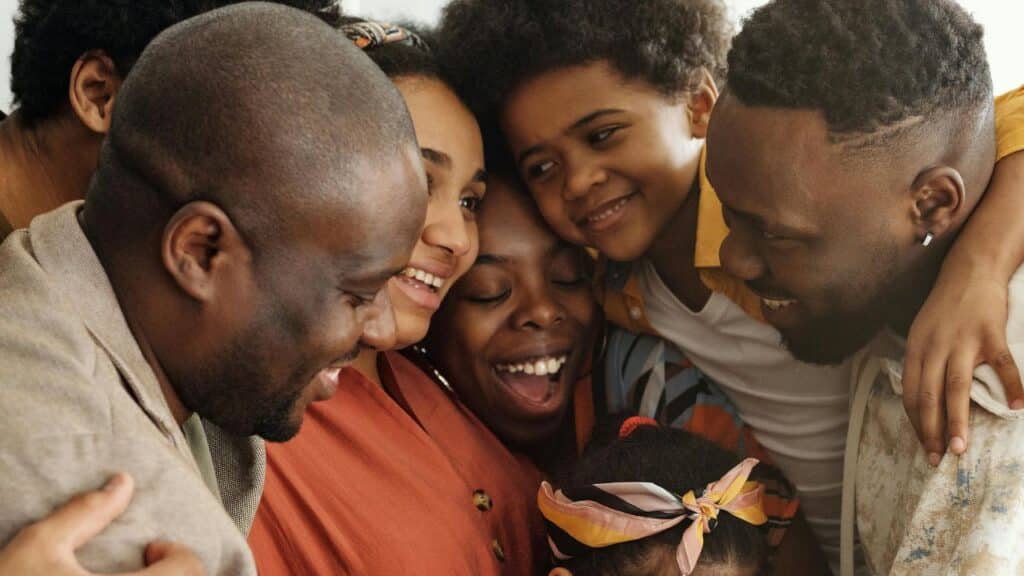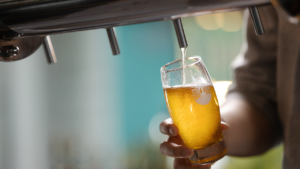Addiction affects not just individuals but entire families. While personal recovery work remains essential, family therapy plays a crucial role in building a strong foundation for lasting sobriety and healing family relationships.
At The Bluffs Addiction Campuses in Ohio, we recognize that family involvement significantly improves treatment outcomes. Our comprehensive family therapy program helps rebuild trust, establish healthy communication, and create a supportive environment for sustained recovery.
Understanding Family Dynamics in Addiction
Addiction creates ripple effects throughout family systems, often leading to:
- Strained relationships and broken trust
- Dysfunctional communication patterns
- Enabling behaviors and codependency
- Unresolved trauma and pain
- Financial and emotional stress
- Role confusion within the family
Structure of Family Therapy Sessions
Family therapy at The Bluffs follows a structured approach while remaining flexible to each family’s unique needs:
Initial Assessment
- Evaluating family dynamics and relationships
- Identifying communication patterns
- Understanding each member’s perspective
- Establishing treatment goals
- Creating a customized therapy plan
Regular Sessions
Sessions typically include:
- guided discussions
- skill-building exercises
- conflict resolution practice
- education about addiction
Addressing Codependency and Enabling
Family therapy helps identify and modify unhealthy relationship patterns:
- Recognizing enabling behaviors
- Understanding the difference between helping and enabling
- Learning healthy ways to show support
- Developing self-care practices
- Setting appropriate boundaries
Rebuilding Trust and Communication
Trust rebuilding forms a central focus of family therapy:
- Creating safe spaces for honest dialogue
- Learning effective communication skills
- Practicing active listening
- Expressing feelings constructively
- Working through past hurts
- Developing conflict resolution strategies
Understanding Addiction as a Disease
Education helps families:
- Learn about addiction’s biological basis
- Understand the recovery process
- Recognize triggers and warning signs
- Support recovery without enabling
- Address shame and stigma
- Prepare for potential challenges
Healthy Boundary Setting
Families learn to:
- Identify appropriate boundaries
- Communicate limits clearly
- Maintain consistent consequences
- Respect others’ boundaries
- Balance support with self-care
- Adjust boundaries as recovery progresses

Including Children in Family Therapy
Age-appropriate involvement helps children:
- Process their experiences
- Express feelings safely
- Understand addiction at their level
- Develop coping skills
- Rebuild trust with parents
- Feel heard and supported
The Bluffs Family Therapy Program
Our comprehensive approach includes:
- Family therapy sessions
- Multi-family group sessions
- Support groups for family members
- Individual counseling options
- Resources for continued support
Preparing for Post-Treatment Success
Family therapy includes planning for life after rehab:
- Creating aftercare plans
- Identifying support resources
- Developing crisis management strategies
- Establishing communication protocols
- Planning regular check-ins
- Setting recovery milestones
Continuing the Healing Journey
Recovery doesn’t end with treatment completion. We help families:
- Connect with community resources
- Join support groups
- Access ongoing counseling
- Maintain healthy boundaries
- Continue practicing new skills
- Build strong support networks
Take the First Step Toward Family Healing
Family therapy provides essential tools for supporting recovery and rebuilding relationships. At The Bluffs Addiction Campuses, we’re committed to helping families heal together.
Ready to start your family’s healing journey? Contact us today at 330-919-9228 to learn more about our family therapy programs.
Our compassionate team is available 24/7 to answer your questions and help your family begin the path to recovery together.








